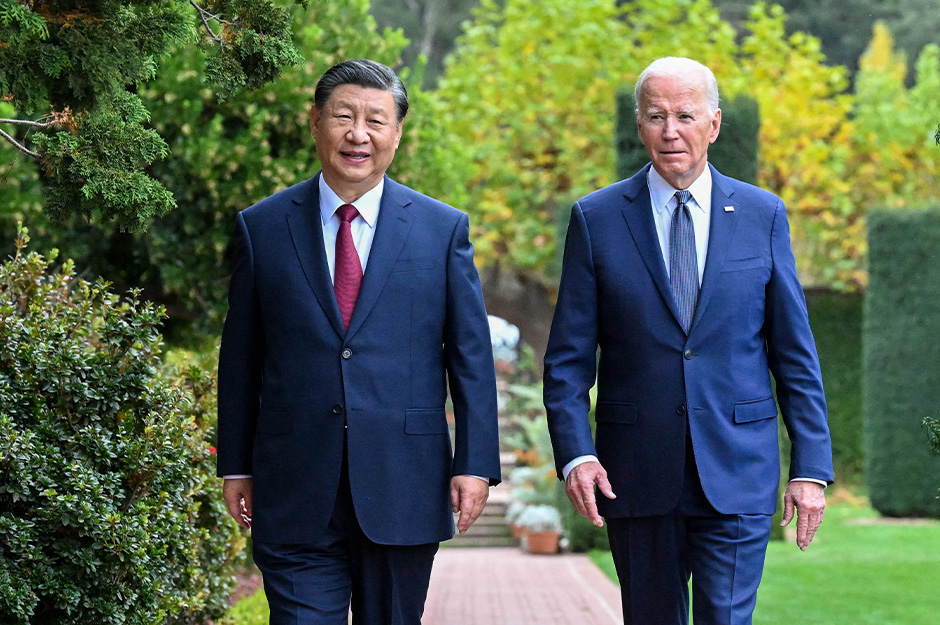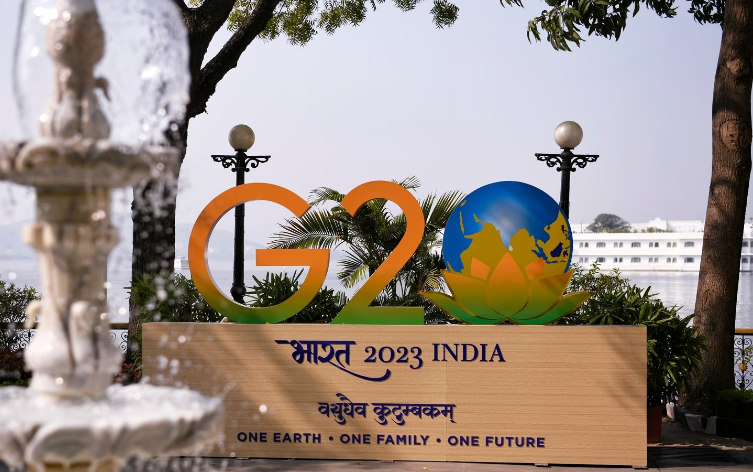
David Shambaugh, Gaston Sigur Professor and Director of China Policy Program at George Washington University, Distinguished Visiting Fellow at Hoover Institution of Stanford University
Nov 18, 2023
The summit meeting between Presidents Biden and Xi Jinping south of San Francisco has provided new and important stability to the fluctuant and stressed U.S.-China relationship. In the absence of a joint agreed statement, both governments put forward their own interpretations of what was said and agreed in the discussions. These respective interpretations were, not surprisingly, in agreement concerning sensitive issues in the relationship. Nonetheless, a number of “deliverables” were announced.
Richard Weitz, Senior Fellow, Hudson Institute
Oct 20, 2023
A recent wave of international summits, including the United Nations Security Council and G20, prompts questions about their effectiveness in addressing global issues. But several of these bilateral and multilateral partnerships will likely be high on the agenda of the expected meeting between Presidents Xi and Biden at next month’s Asia-Pacific Economic Cooperation summit.
Philip Cunningham, Independent Scholar
Sep 29, 2023
Xi Jinping's absence from the G20 summit suggests a shift in China's foreign policy towards creating alternative international alliances. There are also questions about China's intentions and what the potential consequences will be if China's Foreign Minister Wang Yi doesn't address protocol and logistical issues for future international events.

Ananth Krishnan, Director at The Hindu Group, and AsiaGlobal Fellow at University of Hong Kong
Sep 22, 2023
The most significant takeaway from the September G20 Summit in New Delhi was the emergence of the Global South as a key political voice in a bitterly divided world.
He Wenping, Senior Research Fellow, Charhar Institute and West Asia and Africa Studies Institute of the China Academy of Social Sciences
Sep 21, 2023
China welcomed the addition of the African Union as a full member — a move that will further elevate the representation and voice of the Global South in international governance and contribute to further global democratization. This is precisely what China has been striving for.
Sajjad Ashraf, Former Adjunct Professor, National University of Singapore
Jan 31, 2023
Australia’s alignment to the West and its trade barriers with China has entrenched tensions between the two Asian countries.
Chen Wei, Senior Research Fellow, China Institute of International and Strategic Studies
Dec 22, 2022
Will the Asia-Pacific chart a course forward? Or will it return to the status quo of the Cold War? Mentality matters, and the old thinking inevitably leads to misjudgments. The U.S. sees China through the same prism it once saw the Soviet Union but neglects the fundamental differences of two hugely different ages.
Zainab Zaheer, Development Consultant
Dec 17, 2022
The historic meeting between Joe Biden and Xi Jinping was short on resolutions, but gave promise for those hoping for a toned down approach to the bilateral tensions that have plagued the two nations since the middle of the 2010s.
Leonardo Dinic, Advisor to the CroAsia Institute
Dec 14, 2022
This year’s G20 summit was haunted by the war in Ukraine, changing the complexion of nearly all interactions at the meeting. A sober assessment of the situation between Taiwan and China leaves much room for speculation about how an escalated conflict there might affect the world’s powers at large.
Richard Javad Heydarian, Professorial Chairholder in Geopolitics, Polytechnic University of the Philippines
Dec 02, 2022
Despite tensions between the U.S. and China on the economic and political fronts, leaders from both countries found some common ground during their recent meeting in Bali. Presidents Biden and Xi have reiterated their commitment to work together to address transnational challenges, avoid conflict with each other, and maintain open communication.